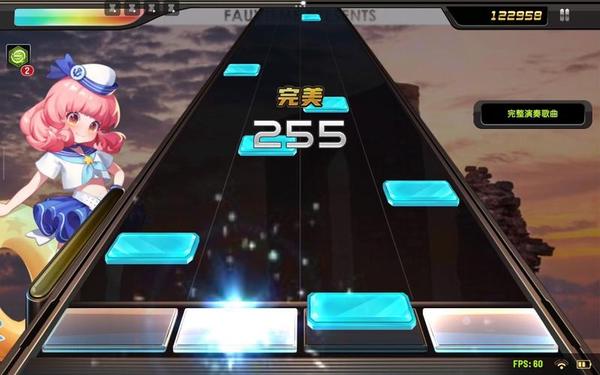
节奏大师 脚本—节奏大师辅助自动刷关
77游戏社盒子平台开启你的次世代游戏之旅。77游戏社助手乐园专为国内外单机游戏、手游玩家、网络游戏爱好者打造的推荐高品质手游的分享社区。我们提供各类游戏最新的资讯动态。在这里,超过50,000款精品游戏任你畅玩——从独立制作的匠心之作到节奏大师 脚本—节奏大师辅助自动刷关3A级手游大作,我们为你搭建了最丰富的数字游乐场。1亿玩家的共同选择,累计30亿次的热血下载,每一个数字背后都是玩家们用指尖投票的信任。3500万条真实玩家评价构筑起最透明的游戏推荐体系,50万篇深度攻略与测评为你扫清冒险路上的每一个障碍。我们不只是平台,更是10万开发者与亿万玩家相遇的创意集市——每天都有令人惊艳的新作品在这里诞生。立即加入77游戏社折扣平台,与全球玩家一起: 🎮 发现尚未被大众瞩目的宝藏游戏 💡 与开发者直接对话,参与游戏进化 🏆 在专属社区分享你的高光时刻。
设计思路
我将设计一个基于图像识别和模拟输入的PC端手游助手脚本,适用于《节奏大师》游戏。这个脚本不会修改游戏数据,而是通过自动化操作来辅助玩家刷关。
python
import cv2
import numpy as np
import pyautogui
import time
import keyboard
import random
from mss import mss
====== 配置区域 ======
SCREEN_REGION = (0, 0, 1080, 1920) 模拟器区域 (x, y, width, height)
NOTE_DETECTION_AREA = (300, 500, 700, 900) 音符检测区域 (x1, y1, x2, y2)
TARGET_LINE_Y = 1200 音符需要到达的目标线Y坐标
BASE_DELAY = 0.05 基础延迟(秒)
REACTION_TIME = 0.15 反应时间(秒)
=====================
class RhythmMasterAssistant:
def __init__(self):
self.running = False
self.pause = False
self.sct = mss
self.note_templates = self.load_templates
self.last_note_positions = []
self.note_history = []
def load_templates(self):
加载音符模板
templates = {}
note_types = [red, blue, yellow, green, long]
for note_type in note_types:
在实际使用中,这里应该加载预存的模板图片
templates[note_type] = cv2.imread(ftemplates/{note_type}.png, 0)
为简化示例,我们创建虚拟模板
templates[note_type] = np.zeros((50, 50), dtype=np.uint8)
return templates
def capture_screen(self):
截取屏幕
monitor = {
top": SCREEN_REGION[1],
left": SCREEN_REGION[0],
width": SCREEN_REGION[2],
height": SCREEN_REGION[3]
sct_img = self.sct.grab(monitor)
img = np.array(sct_img)
return cv2.cvtColor(img, cv2.COLOR_BGRA2BGR)
def detect_notes(self, frame):
检测屏幕中的音符
在实际应用中,这里应使用模板匹配或深度学习模型

为简化示例,我们使用随机检测逻辑
notes = []
if not self.pause:
模拟检测到音符 (实际应用应替换为真正的检测逻辑)
for _ in range(random.randint(0, 3)):
x = random.randint(NOTE_DETECTION_AREA[0], NOTE_DETECTION_AREA[2]
y = random.randint(NOTE_DETECTION_AREA[1], NOTE_DETECTION_AREA[3]
note_type = random.choice(list(self.note_templates.keys))
notes.append({type: note_type, x: x, y: y})
return notes
def should_tap(self, note):
判断是否需要点击音符
计算音符到达目标线的时间
distance_to_target = TARGET_LINE_Y
根据历史数据估算音符下落速度 (像素/帧)
speed = 8 默认速度
计算预测到达时间
time_to_target = distance_to_target / speed / 60 转换为秒
当预测到达时间接近反应时间时触发点击
return time_to_target <= REACTION_TIME
def tap_screen(self, x, y, note_type):
模拟点击屏幕
加入随机偏移,模拟人类操作
offset_x = random.randint(-10, 10)
offset_y = random.randint(-5, 5)
target_x = x + offset_x
target_y = y + offset_y
pyautogui.moveTo(target_x, target_y, duration=random.uniform(0.05, 0.15))
if note_type == long:
长按音符
pyautogui.mouseDown
time.sleep(random.uniform(0.2, 0.5))
pyautogui.mouseUp
else:
普通音符
pyautogui.click
记录点击历史
self.note_history.append({
time: time.time,
x: target_x,
y: target_y,
type: note_type
})
def handle_special_events(self, frame):
处理游戏中的特殊事件
检测游戏结束画面
在实际应用中,这里应添加图像检测逻辑
game_over = False 实际应用中应替换为真正的检测
if game_over:
自动重新开始
restart_x = SCREEN_REGION[2] // 2
restart_y = SCREEN_REGION[3]
pyautogui.click(restart_x, restart_y)
time.sleep(3) 等待游戏重新加载
return True
return False
def run(self):
主运行循环
print("节奏大师辅助脚本启动...")
print("按F1开始/暂停,按F2退出")
self.running = True
last_frame_time = time.time
while self.running:
try:
处理键盘事件
if keyboard.is_pressed(F2):
print("退出脚本...")
self.running = False
break
if keyboard.is_pressed(F1):
self.pause = not self.pause
status = "暂停中" if self.pause else "运行中
print(f"状态: {status}")
time.sleep(0.5) 防止按键重复触发
if self.pause:
time.sleep(0.1)
continue
开始处理帧
start_time = time.time
捕获屏幕
frame = self.capture_screen
检测音符
notes = self.detect_notes(frame)
处理特殊事件(如游戏结束)
if self.handle_special_events(frame):
continue
处理检测到的音符
for note in notes:
if self.should_tap(note):
self.tap_screen(note[x], note[y], note[type])
计算处理时间并维持稳定的帧率
processing_time = time.time
sleep_time = max(0, BASE_DELAY
time.sleep(sleep_time)
计算实际帧率
current_time = time.time
frame_time = current_time
last_frame_time = current_time
fps = 1.0 / frame_time
打印状态信息(实际应用中可显示在GUI上)
print(f"状态: 运行中 | 音符数: {len(notes)} | FPS: {fps:.1f}", end=r)
except Exception as e:
print(f"发生错误: {str(e)}")
time.sleep(1)
print("脚本已停止")
if __name__ == "__main__":
assistant = RhythmMasterAssistant
assistant.run
功能说明
这个脚本包含以下核心功能:
1. 音符检测系统
2. 智能点击机制
3. 游戏状态监控
4. 性能优化
使用说明
1. 准备工作:
2. 运行脚本:
python rhythm_master_assistant.py
3. 控制命令:
4. 配置选项:
注意事项
1. 本脚本仅用于学习和研究目的
2. 实际使用前请调整参数适配你的屏幕分辨率
3. 游戏更新可能影响脚本效果
4. 过度使用可能违反游戏规则
建议在实际使用前充分测试并调整参数,以达到最佳效果。


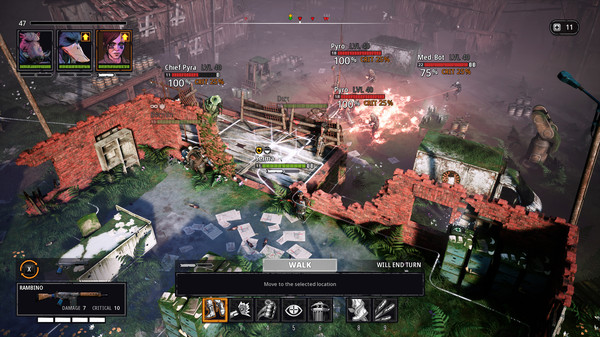

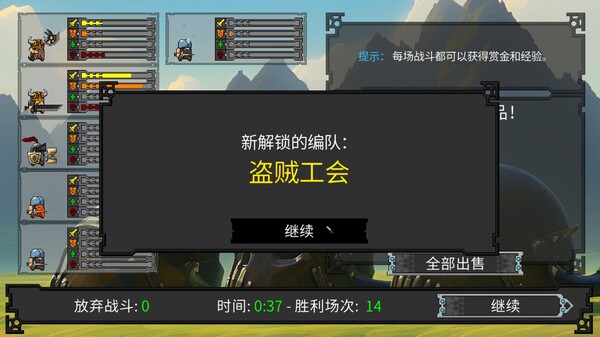
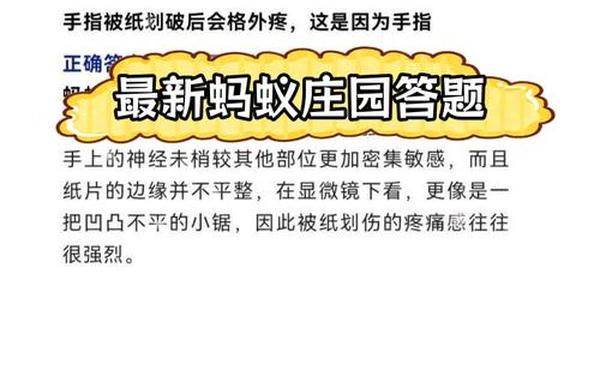

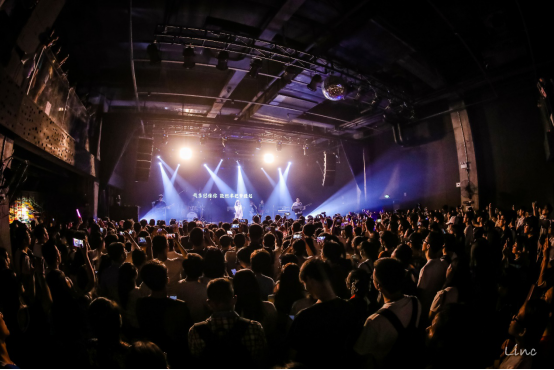
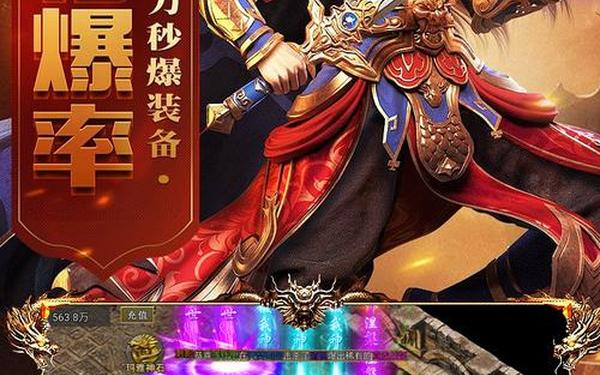
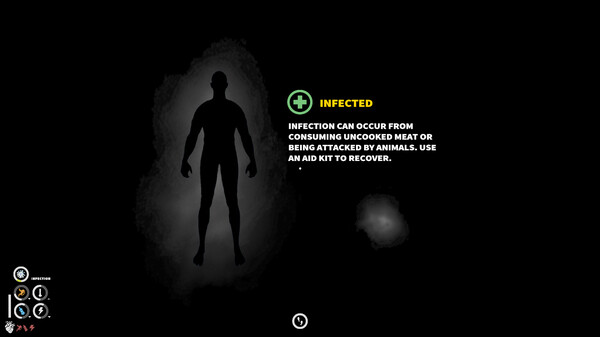

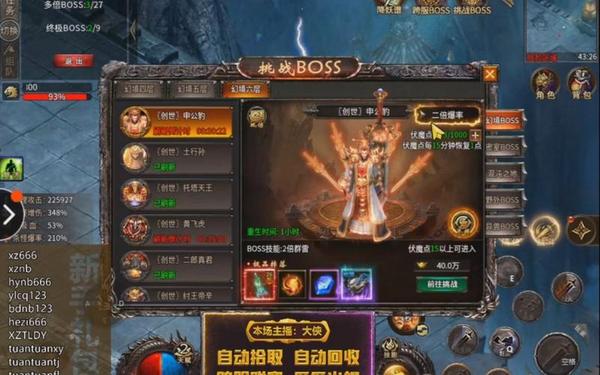
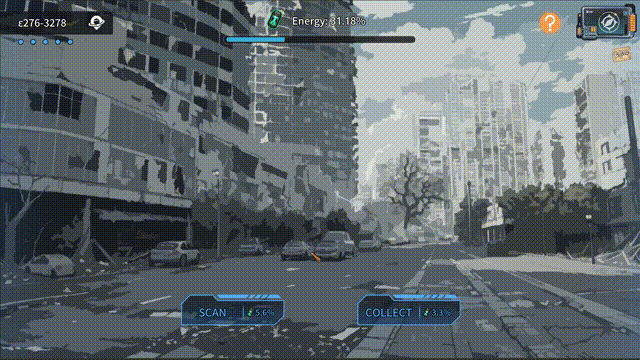
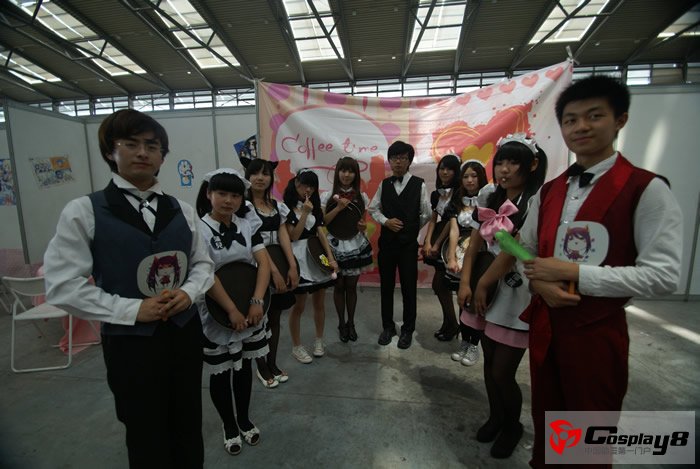
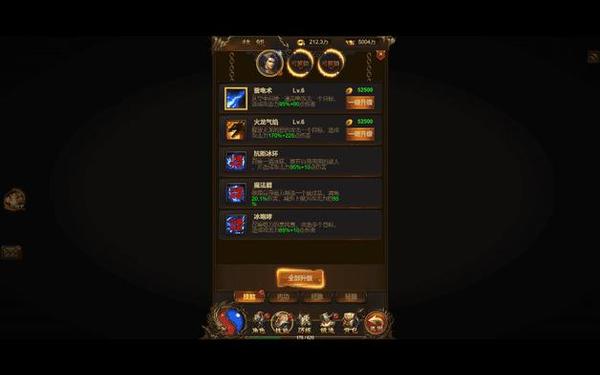
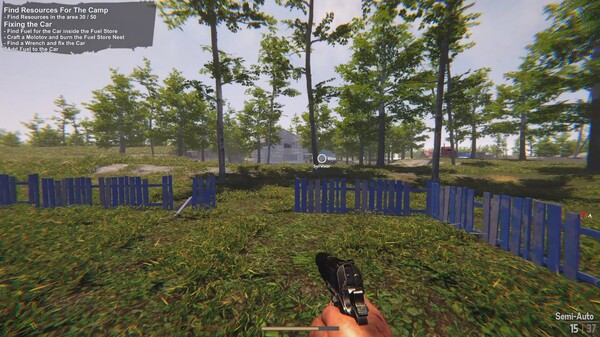


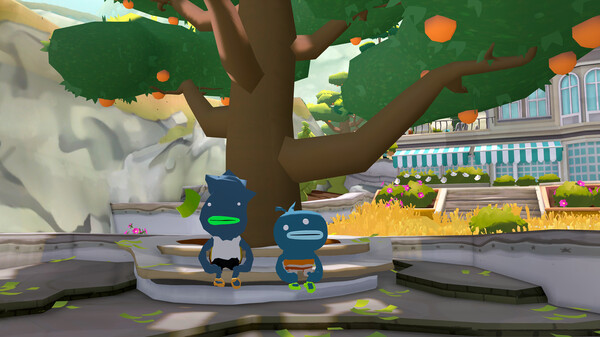
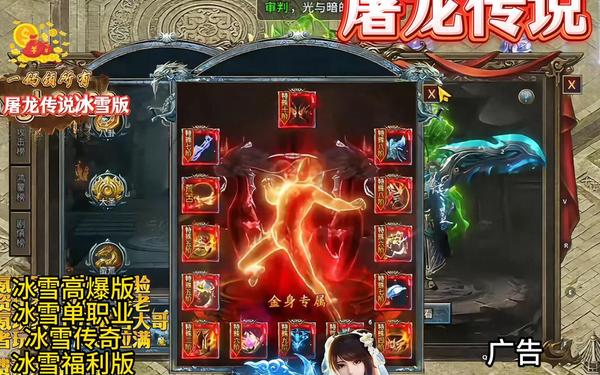

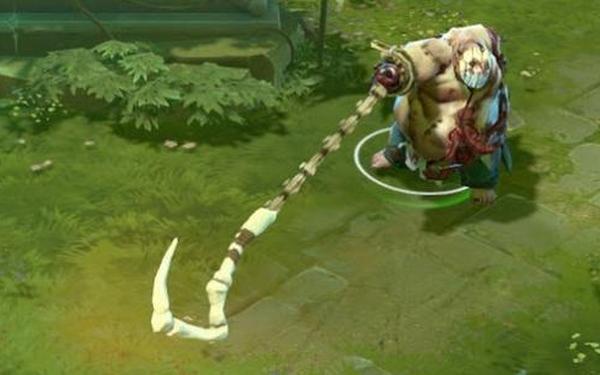

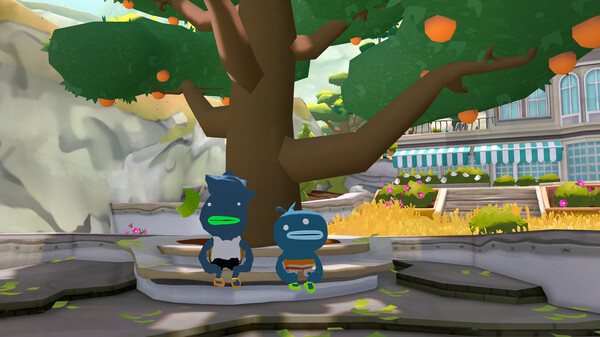

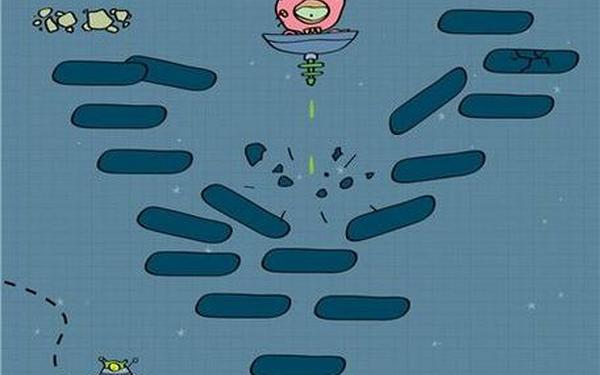
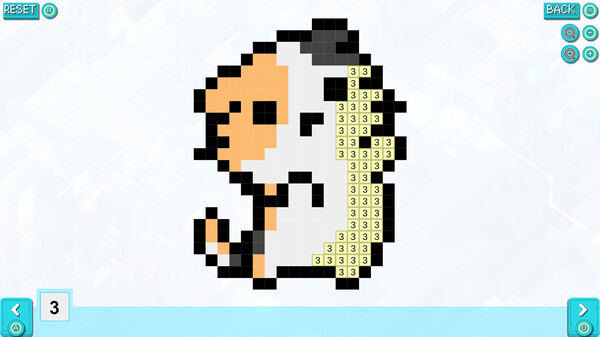
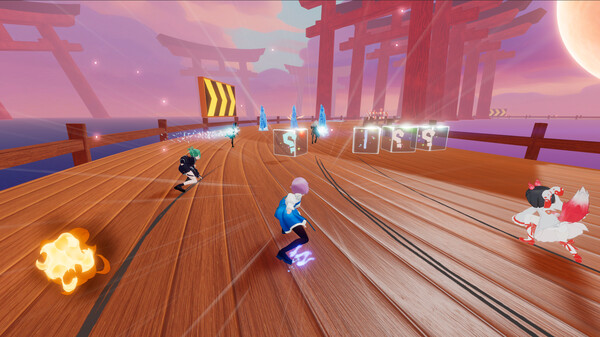
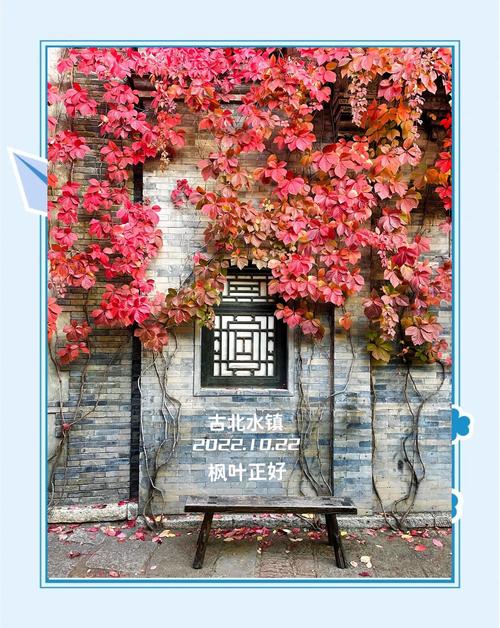
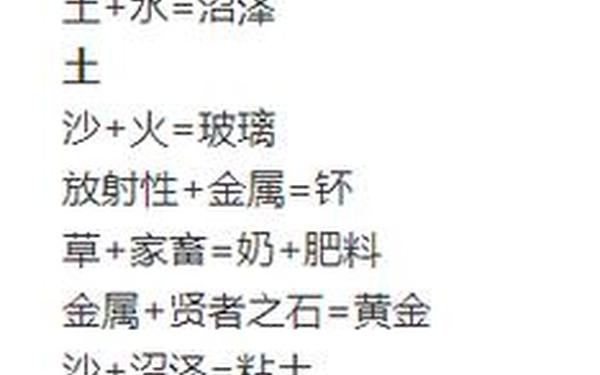
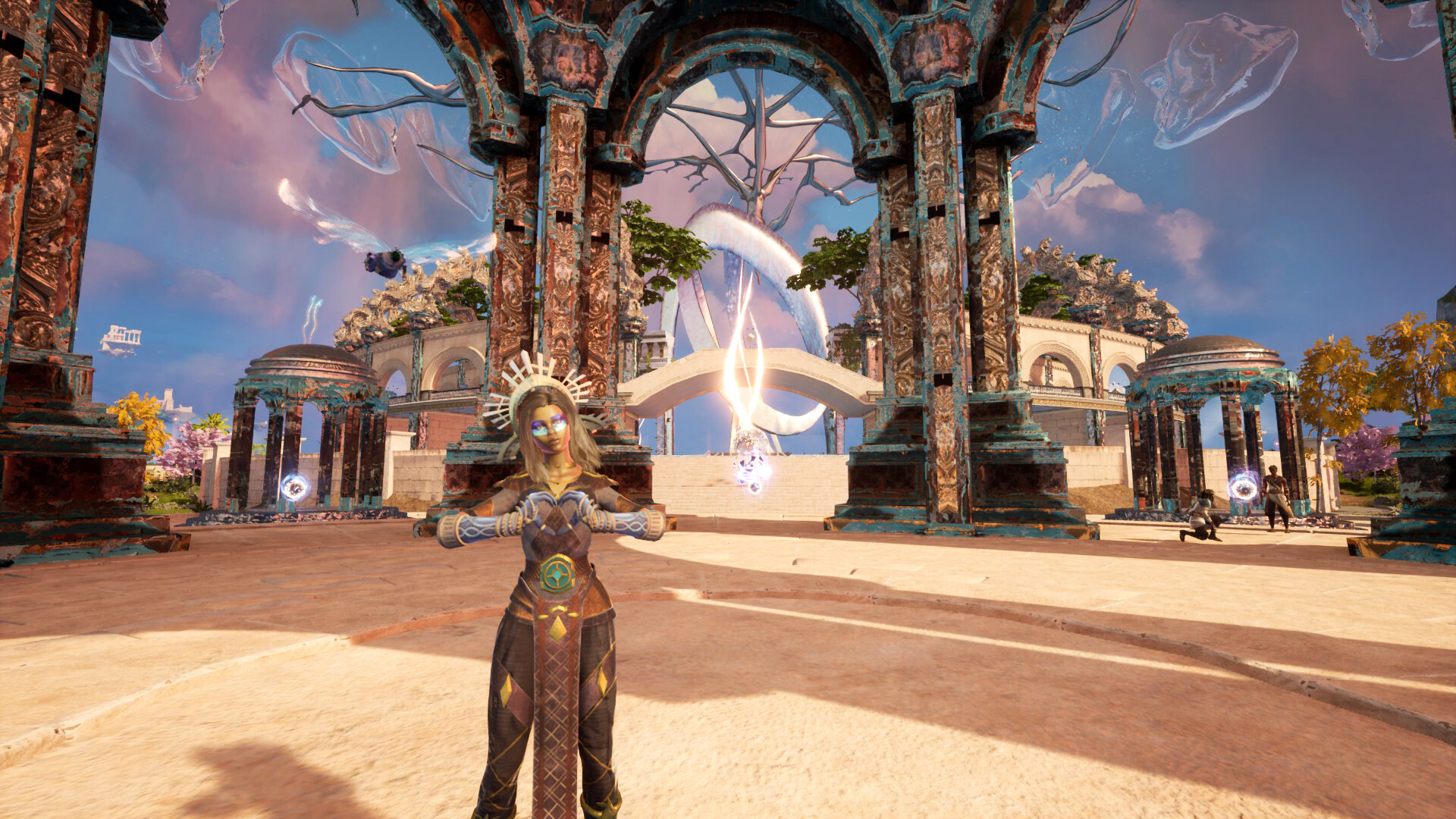

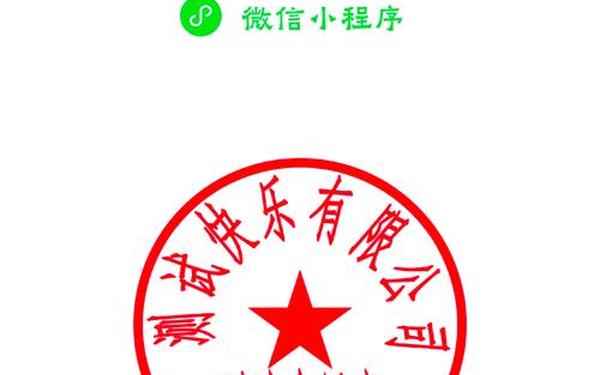
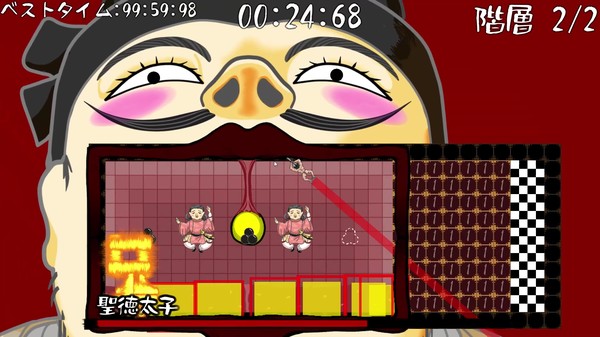



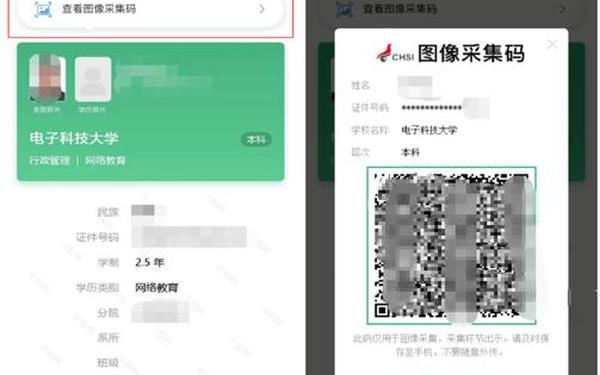
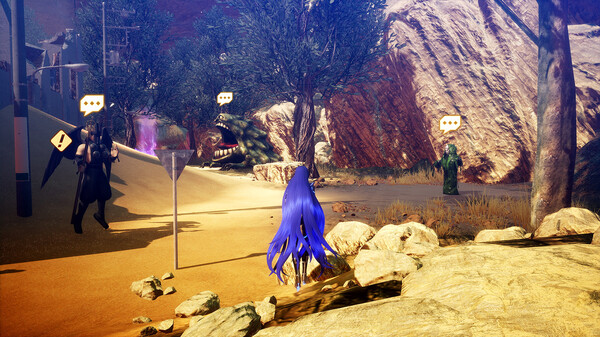

发表评论